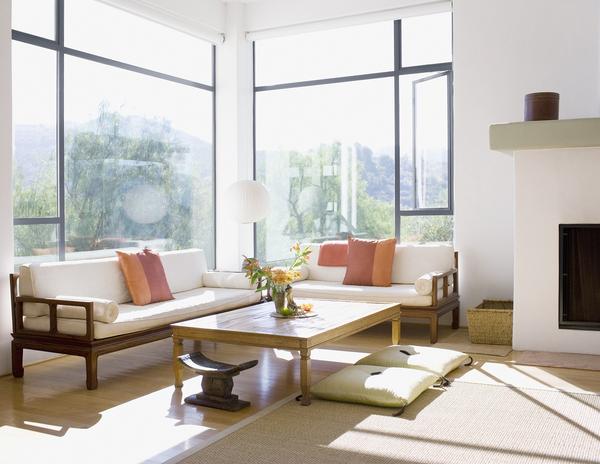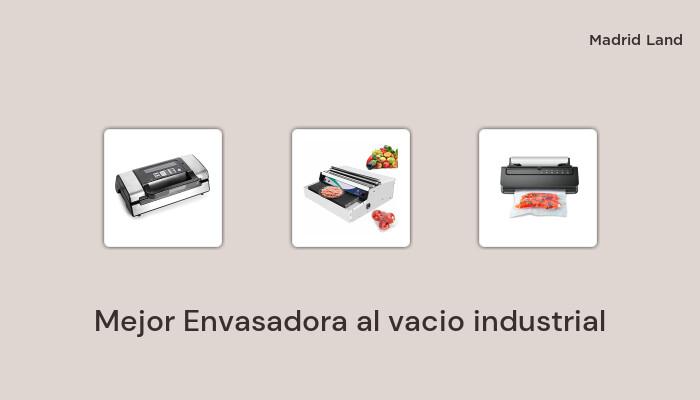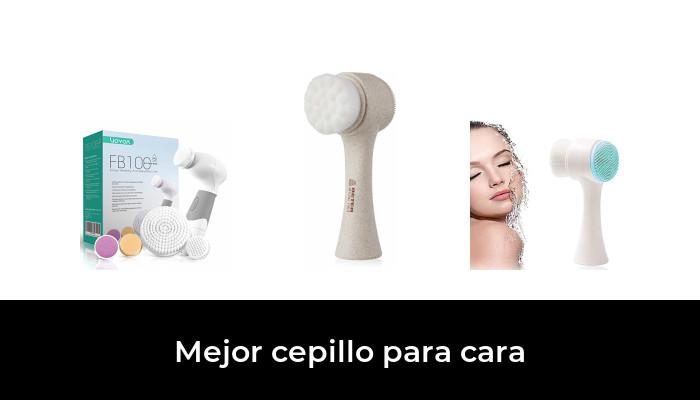An energy that is ranked efficiently and responsible, because only in Spain 26 million homes lose 12,000 million euros for being poorly conditioned, to which you have to add the aged Spanish real estate park, which hasMore than half of buildings built before 1980 and almost 20% of homes built in the sixties.
To this phenomenon it is added that, of the operations of sale in our country, 80% usually correspond to second -hand housing and more than half needs rehabilitation works to improve its conditioning and habitability and become efficient and sustainable homes.Currently, in Spain, homes that have certificates of typology A or B, being the most common F-G are still minority.
A situation far from the objective marked by the European Green Pact of Discarking of Cities and Climate Neutrality by the year 2050, for which an annual renewal rate of buildings of 2-3% in the EU set would be necessary.However, according to the recent study ‘Initiatives and business models for the rehabilitation of buildings’ of the Naturgy and EIT Innoenergy Foundation, in Spain we would need to multiply this rehabilitation index by 25 to meet this objective.
In this day of reflection on energy efficiency, the experts of UCI (Union of Real Estate Credits), a specialist in sustainable financing of the house, within the framework of the month of the UCI planet, initiative to value the importance of sustainability andEnergy efficiency in homes, have developed a guide of recommendations with the factors that define an energy home, what reforms help improve sustainability and day -to -day tricks for efficient and responsible energy use in homes.
Factors that define energy home
The guidelines that future owners must take into account, as far as energy efficiency is concerned, to acquire an efficient home are:
Reforms in favor of energy efficiency
However, if a house does not have all these parameters, with undertaking some reforms or comprehensive rehabilitation, it can become a more efficient and sustainable home.Among the main energy improvement works are:
Thermal insulation: To improve this aspect, reform works can be carried out in all three or in one of the key elements: soil, walls and windows, with an estimated cost of between 2,000 and 3,000 euros, depending on each housing typology andof the reform to be carried out.

On walls and ceilings, these reforms will consist of the installation of insulators such as polystyrene, mineral wool, EPS plates or wood fiber panels, as well as thermal paintings, which improve up to 25% of the insulation.In the soils, it is best to have a thermal insulation base or a wooden floor.And, in the windows, bet on hermetic closures and double crystal, which will mean savings of up to 30% energy.
Efficient heating system: coal or diesel heating systems are not optimal for energy efficiency.Instead, it is better to use gas or renewable energies, such as aerothermia (heat pump that uses air and depends on external climatic conditions) or geothermal (water heat pump that comes from inside the subsoil).Both options can take up to 35% in energy invoices.
Another increasingly widespread alternative is the installation of radiant soil, a system that works with aerothermia or geothermal, with a very low water drive temperature (30-45ºC) with respect to traditional radiator systems (70-75ºC).
Installation of solar panels: Betting on the use of solar panels helps reduce up to 18 tons per year of polluting gases in a single home and are suitable systems throughout the Spanish geography.Those of photovoltaic type allow the generation of electricity in a sustainable way and a saving in the light invoice.Those of thermal type help the generation of hot water, without using traditional systems such as electric boilers or gas, since this resource is 26% of energy consumption in a home.
Home automation and modern electricity system: lighting represents approximately 15% of global electricity consumption and 5% of greenhouse gas emissions.Installing a modern and energetically sustainable electricity system is an investment of between 2,000 and 3,000 euros on a 100 m2 floor.Also, including a home system for ignition and off lights and appliances is also a good investment for home sustainability.
To undertake some of these reforms contributes to improving the energy efficiency of real estate, as well as saving in invoices.The investment in these works will depend on the concrete reform and the typology of housing and to carry them out they can resort to subsidies in favor of energy efficiency in the home, in addition to complementing them with loans devised for this purpose, such as those offered incredits.com.
For comprehensive reform, which includes much of these improvements, the total cost can range between 30,000 and 40,000 euros.This type of broader reforms are usually done when buying a home.There are mortgage formulas, such as the Sum of UCI mortgage, which allow saving on mortgage expenses, since resorting to consumer loan to reform a home is an average interest rate of around 5-6%, within a period of period ofShort amortization, so monthly fees are higher.As for the capital borrowed, it is clear from the value of the house appraisal once renovated and the ability to pay.UCI also applies a bonus in the interest rate of the mortgage depending on the final energy certificate of the property.
Tricks at home to improve efficiency
If it is not possible to undertake reforms, if good habits can be incorporated at home to take care of the environment while saving:
Natural Light: Taking full advantage of natural light is a key trick for savings in electricity, with open windows to let this light pass and avoid lighting the artificial.Also the use of LED bulbs for lower consumption, instead of traditional ones.
Hot water: a good practice and little investment is to use flow reducers and monomands taps with thermostat, which benefit the environment and help save between 30 and 200 euros in the water invoice.In addition to opting for shower instead of bathing for lower consumption.
Heating: keep it on with a temperature around 20 degrees because with each degree of more, the expense increases between 5% and 10%.In addition, at night, instead of turning it off, it is better to put it at about 15º.Another good habit is not being at home dressed as if it were summer and not covering the radiators.
Appliances: The commitment to low consumption appliances is one of the simplest renovations and that is a great benefit for domestic savings and the environment.To choose the most efficient appliances, you have to take into account a new labeling, more demanding, launched this March 1: there are nothe least).Thus, the current classified as a class B or C and the current category A will be for newly created appliances.
Also, incorporating good habits in the use of current appliances also favors environmental care.Among these good habits:
Electrical devices: replace normal screens with LCD to save up to 37% energy and load the full battery and in plane mode to be faster.
Teleworking and energy efficiency: now that remote work is a reality in many homes, it is advisable to incorporate good habits such as not waste paper, using digital tools whenever possible, or not print more than strictly necessary.It is also important to avoid leaving the computer or other electronic devices in standby mode.
Recycling: Always make a good separation of waste for proper recycling and keep in mind the 3R principle of ecology: recycle, reduce and reuse.
With these simple tricks in the daily routine of the home, we can contribute our grain of sand to energy efficiency.In the middle-long term, thinking of complete reforms or struts will contribute to achieving the objective of the European Green Pact, which seeks environmental excellence in the real estate of the entire EU.
According to Cátia Alves, responsible for sustainability and RSC of UCI, “public-private collaboration is necessary to realize a present and future sustainable real estate sector in Spain.The way to travel will be quite long because there is great ignorance and lack of sensitivity on the part of citizens, both at a technical and monetary level, due to the increase in property value with these improvements.To this are added the innumerable barriers to access subsidies or the lacks of the sector itself ”.


